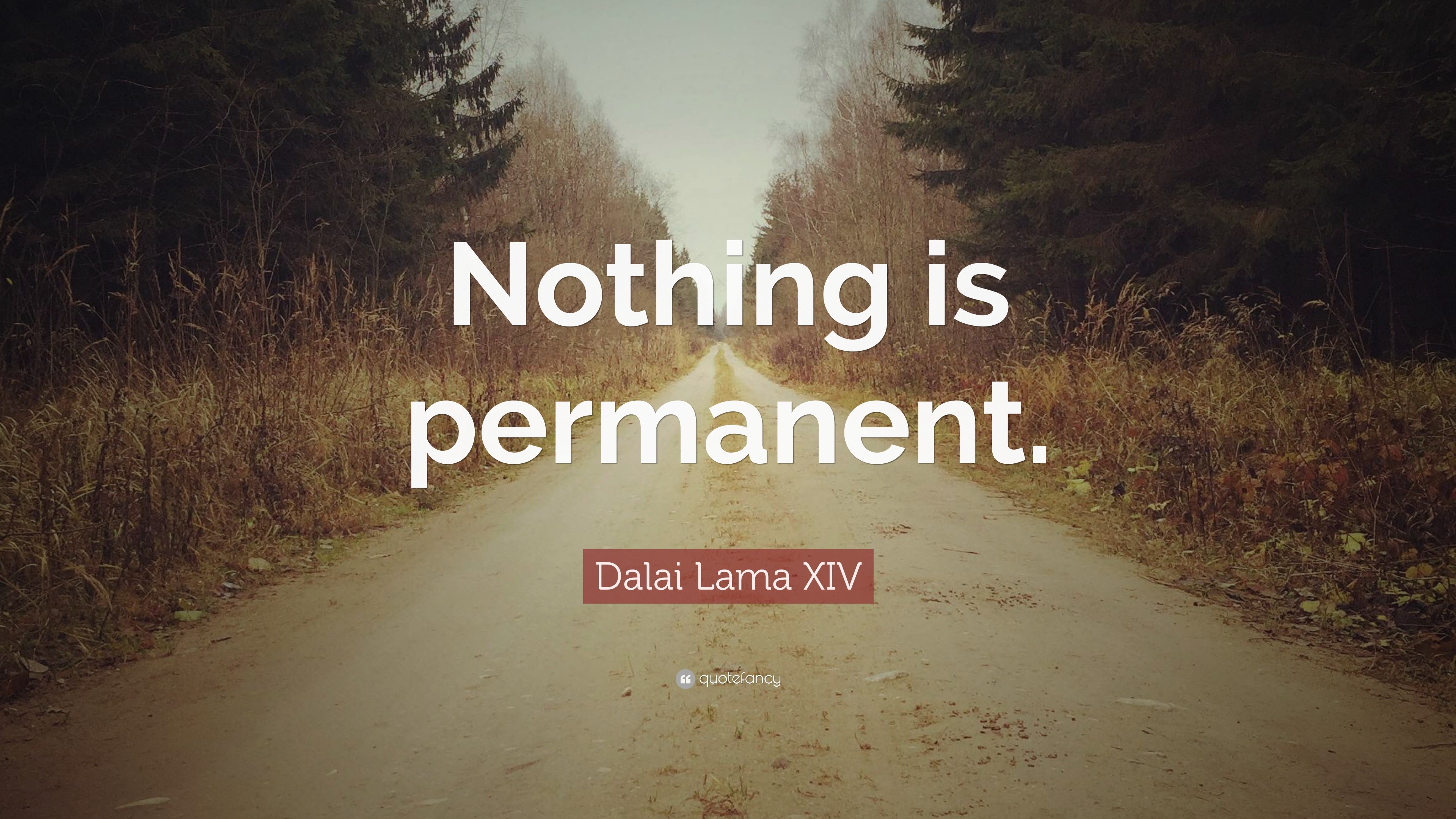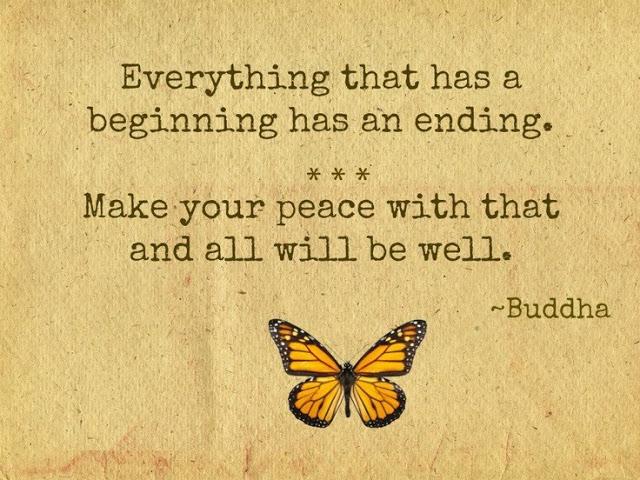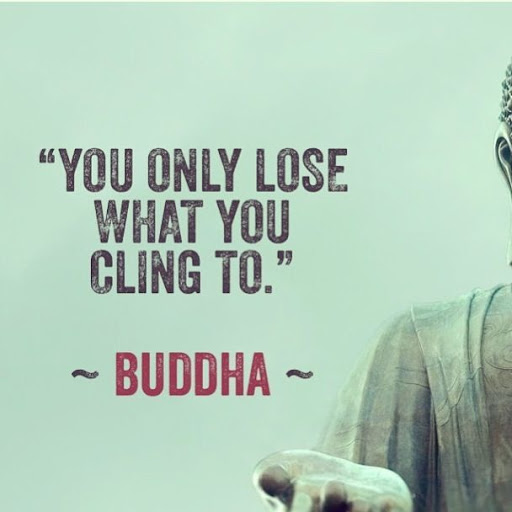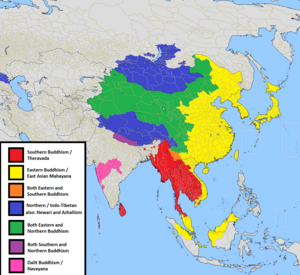
This month my theme
was Buddhism. I’m going to have a theme for each month and write a blog post to
review what I’ve learned. I had a bunch of notes on Buddhism then my computer
crashed and lost most of my notes which is not ideal but I feel like the main points
are all we need here. Let me also just note that this was a lot of me finding
information, curating and paraphrasing. I do not feel I have a depth of
knowledge on this topic or encourage you to become a monk. If I were to
summarize the main takeaways it would be that Buddhism teaches that everyone
suffers, suffering comes from and is solved in our mind. We create our own
suffering. Before we got any further, let’s define some key terms:
Dalai Lama:
the spiritual leader of Tibetan Buddhism
Dharma: the teachings
of the Buddha
Dukkha: the basic
Buddhist insight that suffering is part of the human condition
Five Precepts: the
basic moral requirements that are binding for all Buddhists
Four Noble Truths:
the central teachings of Buddhism
Karma: the
moral law of cause and effect of actions
Middle Way:
a basic Buddhist teaching that rejects both the pleasures of sensual indulgence
and the self-denial of asceticism
Nirvana: the ultimate
goal of all Buddhists: loss of selflessness and release from samsara
Noble Eightfold Path:
the 4th Noble Truth; practices that lead to nirvana
Samsara: the wheel of
rebirth or reincarnation
Buddha:A being who has completely abandoned all delusions and
their imprints. In general, ‘Buddha’ means ‘Awakened One’, someone who has
awakened from the sleep of ignorance and sees things as they really are. A
Buddha is a person who is completely free from all faults and mental
obstructions. Every living being has the potential to become a Buddha.
Eight worldly concerns: The objects of the eight worldly concerns are happiness
and suffering, wealth and poverty, praise and criticism, and good reputation
and bad reputation
Equanimity: A balanced mind free from strong attachment and
aversion.
Five delusions:In the context of blessing the inner offering, the five
delusions are: self-grasping, attachment, miserliness, jealousy, and confusion.
Happiness: There are two types of happiness: mundane and
supramundane. Mundane happiness is the limited happiness that can be found
within samsara, such as the happiness of human beings and gods. Supramundane
happiness is the pure happiness of liberation and enlightenment.
Meditation: Meditation is a mind that concentrates on a virtuous
object, and is a mental action that is the main cause of mental peace.
Sectarianism: At the same time as cherishing our own tradition, we
should respect all other traditions and the right of each individual to follow
the tradition of their choosing. This approach leads to harmony and tolerance.
It is mixing different religious traditions that causes sectarianism.
Tara: A female Buddha who is a manifestation of the ultimate
wisdom of all the Buddhas.

We see ourselves as
permanent but we are constantly changing from week to week, hour to hour and
realizing that we are impermanent, that we should not dwell on the past nor
live in the future but enjoy our current reality and moments. Living in the now
is easier said than done but is a big component of Buddhism. I’m terrible at
this and is one of the reasons I meditate to help focus, calm mental chatter
and prioritize what is important. Meditation is huge in Buddhism and gaining
peace of mind and clarity. Buddhism also stresses the importance of not
killing, stealing, lying, misusing sex, or consuming substances that alter the
mind. There are many different kinds of Buddhism practices around the world
that take some elements more seriously than others while being the number 6
largest ‘religion’ while actually being more of a philosophy way of life than
anything else with around 500 million followers.
Interesting fact, the third largest religion is non-religious/agnostic/atheist. Good stuff.

There is no one Buddhist text or holy
book like the Bible or Quran. Famous Buddhist texts include Tipitaka which is a
collection of early Buddhist writings: Sutras which are sacred teachings; Book
of the Dead which describes the stages of death. There were also 28 other Buddhas not just the one..
Main holiday is Vesak Day that remembers
the Buddha’s birth, enlightenment and death. Vesak Day is officially recognized by the United Nations that is usually celebrated on the full moon in May.

All beings equal and
reciprocity. Treating others fairly and how you would like to be treated as
found in other religions.
Honest, mindful, generosity
and contentment, determination, morality, energy and patience seem to be key
terms that come up when reading or watching videos about Buddhism.
Siddhartha
Gautama, the Buddha, was born into a royal family in present-day Nepal over
2500 years ago. He lived a life of privilege and luxury until one day he left
the royal enclosure and encountered for the first time, an old man, a sick man,
and a corpse. Disturbed by this he became a monk before adopting the harsh
poverty of Indian asceticism. Neither path satisfied him and he decided to
pursue the ‘Middle Way’ - a life without luxury but also without poverty.
Buddhists believe that one day, seated beneath the
Bodhi tree (the tree of awakening), Siddhartha became deeply absorbed in
meditation and reflected on his experience of life until he became enlightened.
By finding
the path to enlightenment, Siddhartha was led from the pain of suffering and
rebirth towards the path of enlightenment and became known as the Buddha or
'awakened one'. (http://www.history.com/topics/buddhism)
Here is
the meaty, juicy part of Buddhism. Everything comes from the Four Noble Truths
and The Eight Fold-Path. Buddhism’s bread and butter. Understanding and
practicing these elements are the foundation to a life following Buddhism.

The Four Noble
Truths
1. The Noble Truth of Dukkha - stress, unsatisfactoriness, suffering;
2. The Noble Truth of the causal arising of Dukkha, which is grasping, clinging and wanting;
3. The Noble Truth of Nirvana, The ending of Dukkha. Awakening, Enlightenment. "Mind like fire unbound";
4. The Noble Truth of the Path leading to Nirvana or Awakening.
1. The Noble Truth of Dukkha - stress, unsatisfactoriness, suffering;
2. The Noble Truth of the causal arising of Dukkha, which is grasping, clinging and wanting;
3. The Noble Truth of Nirvana, The ending of Dukkha. Awakening, Enlightenment. "Mind like fire unbound";
4. The Noble Truth of the Path leading to Nirvana or Awakening.

The Eight
Fold-Path
Right,
Integral, Complete, Perfected.
1. Right View, Understanding;
2. Right Attitude, Thought or Emotion;
3. Right Speech;
4. Right Action;
5. Right livelihood;
6. Right Effort, Energy, and Vitality;
7. Right Mindfulness or Awareness;
8. Right Samadhi "concentration", one-pointedness. Integration of, or establishment in, various levels of consciousness.
2. Right Attitude, Thought or Emotion;
3. Right Speech;
4. Right Action;
5. Right livelihood;
6. Right Effort, Energy, and Vitality;
7. Right Mindfulness or Awareness;
8. Right Samadhi "concentration", one-pointedness. Integration of, or establishment in, various levels of consciousness.
So we are the
cause and solution to our own suffering. We can stop suffering through
meditation, being mindful, working hard, right thoughts, actions and attitudes.
Basically don’t create evil, cultivate good, don’t crave what you don’t have,
help others and live in the present moment. I think we can all do that.
Fun facts
·
Buddhism is 2, 500 years old.
·
There are currently 376 million followers
worldwide
·
Buddhism arose as a result of Siddhartha Gautama's quest for Enlightenment in
around the 6th Century BC
·
There is no belief in a personal God. It
is not centred on the relationship between humanity and God
·
Buddhists believe that nothing is fixed
or permanent - change is always possible
·
The two main Buddhist sects are Theravada Buddhism and Mahayana Buddhism, but there are many more
·
Buddhists can worship both at home or at a temple
·
The path to Enlightenment is through the
practice and development of morality, meditation and wisdom.
Three main
types of Buddhism with certain texts and interpretations different while others
incorporate other religions and philosophies such as Taoism,
·
Theravada Buddhism: Prevalent in Thailand, Sri Lanka, Cambodia, Laos and Burma
·
Mahayana Buddhism: Prevalent in China, Japan, Taiwan, Korea, Singapore and Vietnam
·
Tibetan Buddhism: Prevalent in Tibet, Nepal, Mongolia, Bhutan, and parts of Russia and
northern India


'Taking time to do nothing often brings everything into perspective'
Siddhartha by Hesse
References:
http://www.history.com/topics/buddhism
https://www.youtube.com/watch?v=Q_oP4nyj6zQ&list=PLrrseyqiTvgRSUblom_agMvRjhvbYdTAr
No comments:
Post a Comment
Note: Only a member of this blog may post a comment.